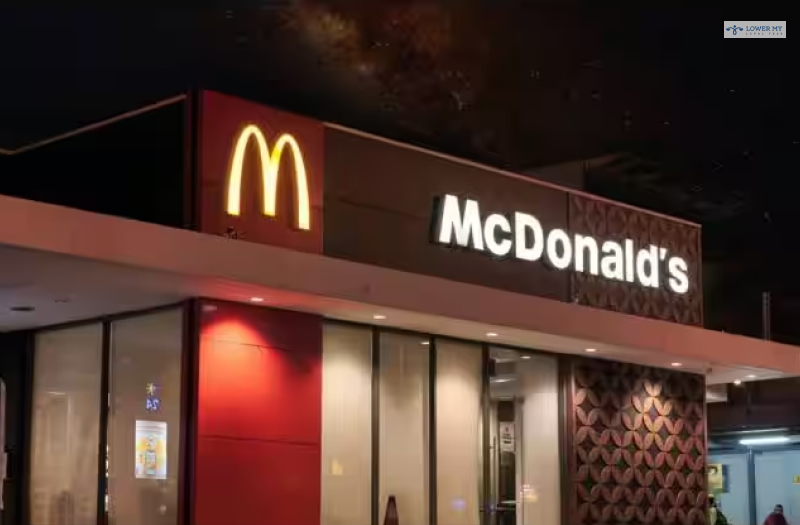Recent pictures from an evening in the city of Cairo show workers cleaning empty tables at a McDonald’s outlet. Other outlets of Western fast-food companies in Egypt show a similar picture.
All these restaurant chains seem to face a hugely spontaneous boycott from the countrymen. This happened as a result of Israel’s military and political campaign over the disputed territory of the Gaza Strip.
Things have never been the same since the Hamas attack in Israel. This deadly attack happened more than a month back, on Oct. 7.
Brands from the West are experiencing effects in Egypt and Jordan. Moreover, indications suggest the movement is expanding to other Arab nations like Kuwait and Morocco.
However, the level of participation varies, with minimal impact noticed in Saudi Arabia and the United Arab Emirates.
Some of these companies seemingly took a pro-Israeli stand when it came to the conflict. They could have financial ties to the disputed Israel or could have made investments there.
As the movement extends, social media-driven boycott appeals have grown to include numerous companies and products, encouraging consumers to opt for local options.
In Egypt, where street demonstrations face security constraints, some view the boycott as the most effective means to voice their opinions.
“I feel that even if I know this will not have a massive impact on the war, then this is the least we can do as citizens of different nations so we don’t feel like our hands are covered in blood,” was the statement delivered to Reuters News Agency by a Cairo resident.
Read also:






